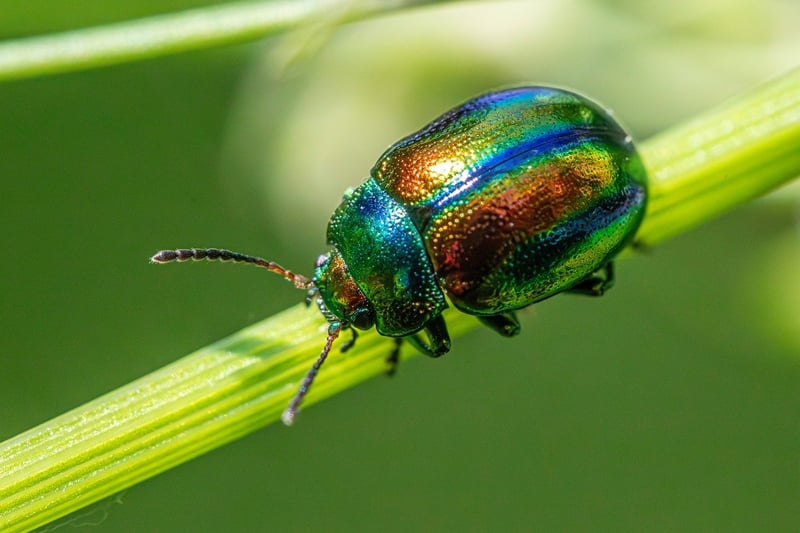Natural Pest Control
Dealing with Garden Pests: Natural Pest Control Methods
Gardening can be a rewarding and relaxing hobby, but dealing with garden pests can be a real challenge for any gardener. However, there are natural pest control methods that can help you protect your plants without resorting to harmful chemicals. Let's explore some eco-friendly ways to keep your garden thriving.
Identifying Common Garden Pests
Before you can effectively control pests in your garden, it's essential to identify the most common culprits. Some of the common garden pests include aphids, slugs, snails, caterpillars, and beetles. By knowing which pests are affecting your plants, you can choose the most appropriate control methods.
Natural Pest Control Methods
- Handpicking: For larger pests like caterpillars or beetles, handpicking them off your plants can be an effective method of control.
- Beneficial Insects: Introducing beneficial insects like ladybugs, lacewings, or praying mantises can help keep pest populations in check.
- Companion Planting: Planting certain herbs and flowers like marigolds, basil, or lavender can help repel pests and protect your garden.
- Neem Oil: Neem oil is a natural pesticide that can be effective against a variety of garden pests without harming beneficial insects.
- Diatomaceous Earth: This powdery substance can be sprinkled around plants to control slugs, snails, and other crawling insects.
Preventing Garden Pests
Aside from controlling pests, prevention is key to maintaining a healthy garden. Here are some tips to prevent garden pests:
- Regularly inspect your plants for signs of pest infestations.
- Keep your garden clean and free of debris where pests can hide.
- Avoid over-fertilizing plants, as this can attract pests.
- Encourage biodiversity in your garden to create a natural balance that deters pests.
Conclusion
By implementing natural pest control methods and taking preventive measures, you can protect your garden from harmful pests while promoting a healthy and thriving ecosystem. Remember, a little bit of effort and eco-friendly practices can go a long way in maintaining a beautiful garden.
Happy gardening!

